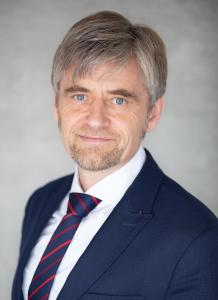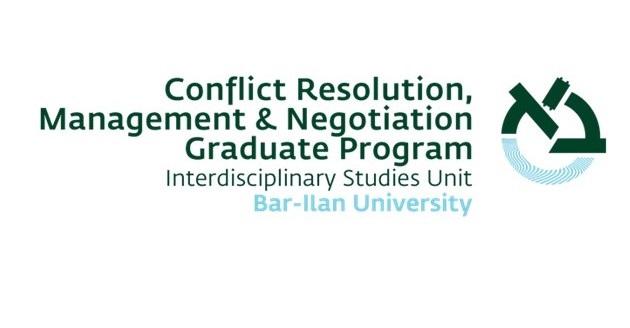Event
Details
International Workshop
on
“Europe and the Middle East: The Security Angle”.
The Konrad Adenauer Foundation, the Center for the Study of European Politics and Society at Ben Gurion University of the Negev together with the Center for International Communications and Policy at Bar-Ilan University organized a workshop on “Europe and the Middle East: The Security Angle”. The two day workshop was held on 30 April and 1 May 2006 at the Konrad Adenauer Conference Center in Jerusalem and was attended by numerous high profile academics, ambassadors, prominent experts and policy makers from Europe and Israel.
The four sessions, which were closed to the public, included candid discussions on: “Toward the Riga Summit - Europe, NATO and the Middle East”; “EU Peacekeeping in the Middle East: Where do we go from here?”; “The Quartet - End of the Road”? as well as “Germany and Mediterranean Security”.
The workshop raised some timely questions and sparked debate on Europe’s future and its relations with Israel, the potential role of NATO in the region, the gravity of the Iranian threat as well as the present and future status of the Road Map.
In the run-up to the NATO Riga summit on 28 and 29 November, 2006 some of the participants pointed to an unprecedented opportunity for Israel to further enhance its relations with NATO. The expansion of NATO together with new sources of threat are leading the organization towards a more global and flexible approach regarding its partnerships. Although NATO membership for Israel is presently not on the table, most panelists stressed that there is a mutual wish to enhance relations between the NATO and Israel due to the reciprocal interest in combating terrorism and increasing security in the Mediterranean area.
The workshop also emphasized the new role of the EU in the region and its evolving relationship with Israel. The year 2005 was highlighted as historic in the relations between Israel and EU with the establishment of two EU missions. Although EU-COPPS was forced to suspend its mission due to the election of Hamas, EU-BAM Rafah has been able to continue its operations under the auspices of the Palestinian Presidency. Some speakers also noted a shift in EU politics from merely relying on soft multilateralism to adopting harder positions and policies regarding its strategy for the region.
Panelists also noted a change of perception in Israel; where until recently, even considering the involvement of a third party for peacekeeping was taboo. In fact, one participant observed that the discussion of the role of third parties in the Palestinian - Israeli conflict had moved from “whether there should be a role” to “what should the role be and who should be involved”. In order to facilitate further engagement, an enhanced political dialogue would be necessary. Israel’s change of mindset towards the EU - the acknowledgement that the EU can play a role as a mediating third party in the conflict, is regarded as groundbreaking. Still, any further engagement would likely be determined by the success of the present missions and the relations between EU and Israel.
Rather than being at the end of the Road Map, it was noted that the Quartet now stands at a crossroad. The new reality on the ground including Israel's disengagement policy and the election of Hamas is forcing the international community to reevaluate its approach towards the management of the conflict. Some of the participants felt that the Quartet had lost some credibility and needed to act more flexibly and tactically in the future to regain it. But one needs to take into consideration that the Quartet’s capacity to act is impaired by internal tensions among its members as well as by their own domestic affairs. In addition to changing circumstances on the ground, the fact that the Road Map was never negotiated nor truly accepted by the parties was highlighted as one of the main reasons for its increasing irrelevance.
The question of how to deal with the new Hamas leadership and whether the present tough policy of non-dialogue and non-financial support can be successfully sustained was a source of much debate. Some panelists called for dialogue to break the impasse and offer a 'carrot and stick' approach to soften Hamas’ positions. A few participants felt that far too much attention was being placed on Hamas and the Israeli-Palestinian conflict and too little on Iran and its nuclear buildup, which could be much more threatening to the region. With Angela Merkel’s visit in Israel and a newly reinforced relationship with Israel, Germany’s policy vis-à-vis Iran could be significant as it is unique in sending out a strong moral message to Teheran. In this context, some of the Israeli participants appreciated the continuing German assistance for Israel.
Most of the participants felt that this workshop was a good basis for further discussions and should be used as an impulse for a more institutionalized dialogue. Therefore, the organizers will continue to cooperate and are planning to organize events on this topic also in the future.





